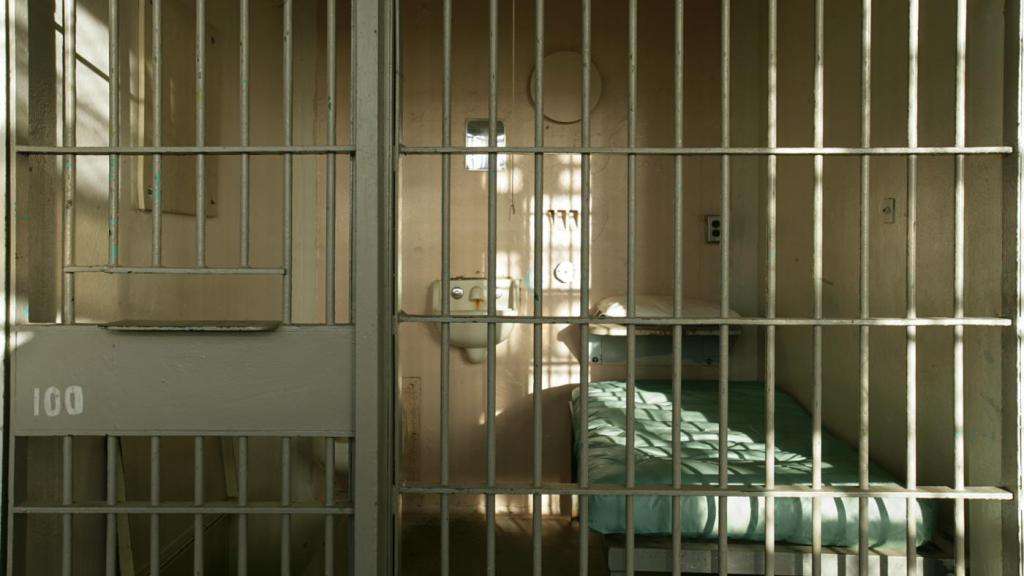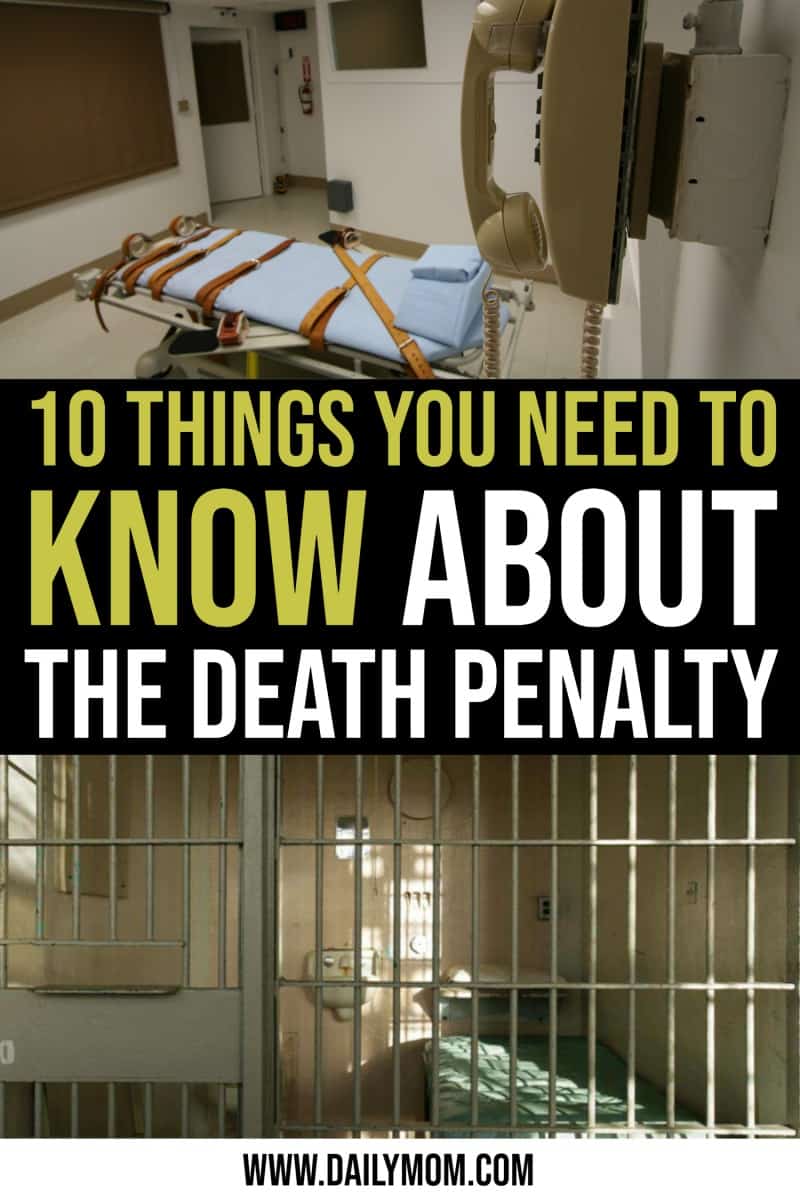On April 24, Governor Ron DeSantis of Florida signed a death warrant for Bobby Joe Long, one of the most notorious serial killers in Tampa Bay. On the evening of May 23, 2019, Bobby Joe was pronounced dead at 6:55PM.
The United States has had a decades-long obsession with keeping the death penalty alive. Regardless of protests of morality, evidentiary support of its ineffectiveness (based upon the high number of unsolved homicides and exonerated men), or a spreadsheet of the wasted tax-payer money, 13 states have used the death penalty within the past 5 years. Eleven other states have kept the death penalty, but have not used it in more than a decade.

Florida As An Example

Before 1923, the death penalty was carried out by each individual county, not the state. It was during this time that a bill passed, stating that all forms of executions would be replaced with the electric chair. This was the deciding factor in the death penalty becoming state-mandated.
In 1972, the Supreme Court struck down the death penalty in Furman vs. Georgia citing the lack of consistency in the sentencing. For four years, not a single execution took place in the United States. In 1976, the Florida Supreme Court ruled in favor of Georgia, and the death penalty was reinstated.
Since 1976, Florida has executed 97 convicted murderers – and counting. Names like Aileen Wuornos and Ted Bundy filled television and movie screens across the country, glorifying and praising the death penalty as justice, while the reality of it is anything but justice, but rather a premeditated killing using a flawed system.
Read More: My Child Was Arrested, Now What?
The Flaws Of The Death Penalty

During the 1990s, the electric chair was still in use in Florida. The voltage was so great that electricity throughout the prison would flicker for several moments. This was the only way the other inmates would know that an execution had taken place, and to remind them of why they were there.
The botched executions of Jesse Tafero, Pedro Medina, and Allen Lee Davis led Florida to begin using Lethal Injection as a means to humanely kill prisoners, instead of causing them undue stress and pain, but this would not be the end of botched executions, or executions in general.
Since the death penalty was reinstated in 1976, 29 men have been exonerated from Florida’s death row and released back into society. The most recent exoneree is Clifford Williams Jr., who spent 39 years on Florida’s death row. He received no restitution from the state.
He is the 165th death row exoneree in the United States since 1973. This means that he has been found not guilty or innocent of the crime of murder, and he lost a great deal of his life because of it.

Florida’s Death Row is a series of long hallways, like spokes on a wheel. The climate depends on the small, high windows opposite the cells and catwalks. There is no central air or heat, so in the sweltering Florida sun or chilly winter mornings, the men and women on death row experience it all in their 6 by 10 foot cell. They are in their cells 24 hours a day, 7 days a week, with the exception of one supervised shower and two sessions outside for exercise. It is not a place one would choose to be.
Read More: Kids And Gangs: What Parents Should Know
Facts About Florida’s Death Penalty
Simply having the death penalty in Florida costs tax payers upwards of $51 million PER YEAR. This is over and above the cost of life imprisonment.
Approximately 350 people are currently awaiting execution on Florida’s death row.
The death penalty in inherently racist. Research shows that prosecutors are three times more likely to seek the death penalty if the victim is white than if the victim is African-American. Also, only once in the history of Florida’s death penalty has a white person been executed for killing an African-American.
Along with China, Saudi Arabia, Pakistan and Iran, the United States stands as one of the top 5 first-world nations who still use the death penalty.
Other Options

Whether or not the person on death row deserves death is not the question. The question lies in our integrity as a sovereign state.
When the governor signs a death warrant, he signs it on behalf of the people of Florida. The people of Florida have over 14,000 UNSOLVED homicide cases. Therefore, the people of Florida have over 14,000 families and friends and loved ones who are hurting and aching for closure to their unbearable loss.
Talking To Your Children About The Death Penalty
Children have access to so much information. Whether it is a television in a cafe or pictures they see on someone’s phone, children will hear and see things that will not make sense to them. The death penalty is a highly publicized and polarizing topic, gaining press and media attention, and with shows like Netflix‘s “Making A Murderer” or “Extremely Wicked, Shockingly Evil And Vile” allow people to form strong opinions about this system from the comfort of their own home with exaggerated scripts and popular cast choices.

Children understand cause and effect, and they understand punishment for inappropriate behavior. They are smart, but they are also compassionate. Keep reading for some ideas for discussing the death penalty with your children.
Always be honest. You do not need to go into the details, but using sentences that are simple and straight-forward can help them make up their own minds about their feelings. For example:
“A man killed another person. I don’t know why he did it, but it is terrible. There are people in charge of laws (rules) in our state, like our supreme court and our governor, that have decided that he should not be allowed to live anymore because he did such a bad thing. This decision they made is called the ‘death penalty’. He is in prison now, and they will give him a shot to make him die.”
Whether or not you support the death penalty should not steer the conversation yet. Allow your child some time to understand what you have said, and ask them if they have any questions.

Our home is a Christian home, and we support life in all its stages. We oppose the death penalty. We have attended protests, vigils, and written letters to those in power expressing our beliefs. Because of this, I have had to have conversations with my daughter about our stance. This is an example of what I would say to her (she is four):
“This man/woman did a terrible thing. By killing this person, he hurt their friends and families hearts, and he needs to have consequences for what he did. That is why he is in prison and he can never get out. It is not safe for him to be around other people. But when he killed this other person, he made the decision to kill them. It was his choice. When our Governor signs the paper saying that he needs to die, he also makes the choice to kill someone. We believe that this is wrong.”
The people of the United States, and the citizens of Florida, owe it to themselves to spend the $51 million on gaining closure on unsolved crimes. For providing healing resources to the families whose lives were ripped apart. There are war-wounded veterans on death row who need adequate care.
Perhaps some of the energy the people of Florida put into preserving the premeditated killing of men, as well as the millions of dollars poured into this barbaric system of “justice”, would better serve the system if it served the people most in need in our hurting state. The death penalty is a problem, and the actual execution is only the tip of the iceberg.
WANT TO READ MORE?
Check out Daily Mom’s article on the opioid epidemic, and what parents need to know.

Sources: Florida Death Penalty FADP Flagler Live Pew Research
Photo Credit: WSVN Catholic News Agency Unsplash










































